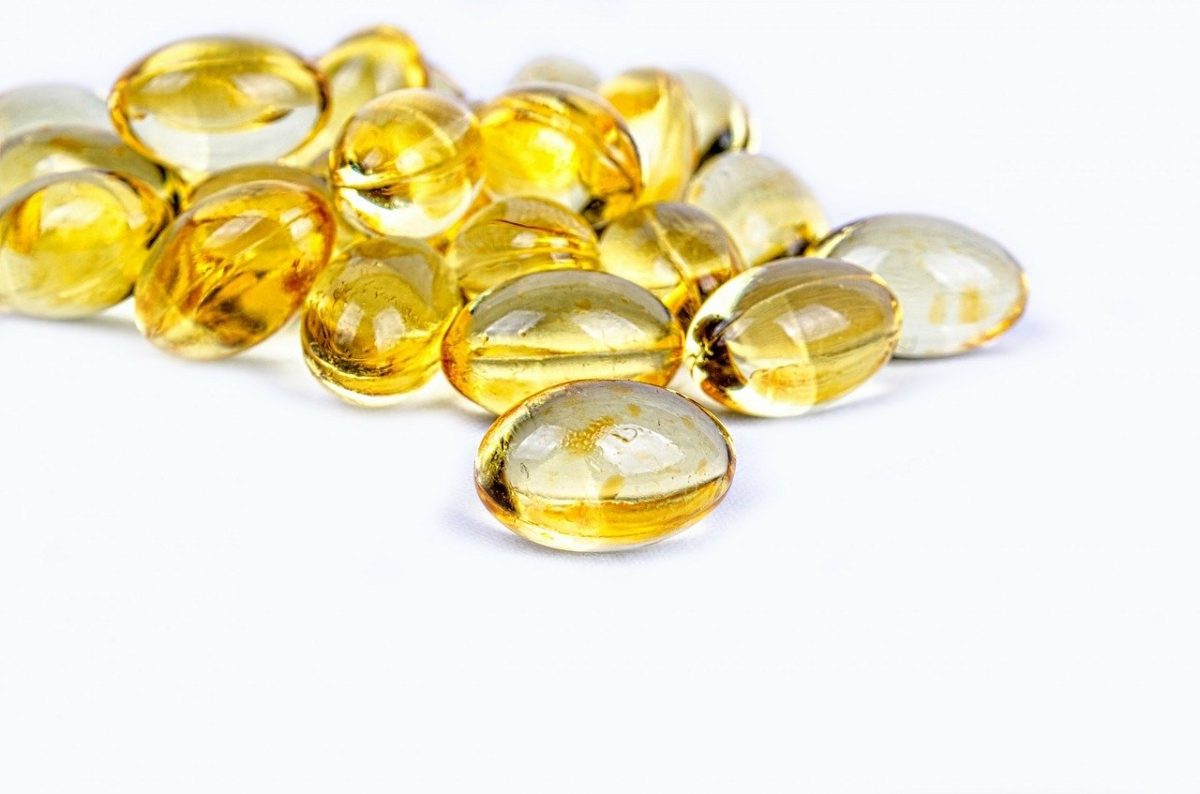
Low Levels of Vitamin D May Be Linked to Severe COVID-19
Dr. Tomislav Meštrović, MD, Ph.D via News-Medical Net – A new observational study from the United States indicates that vitamin D insufficiency may play a significant role in the progression of coronavirus disease (COVID-19). The research titled ‘Vitamin D Insufficiency is Prevalent in Severe COVID-19’ is available on the preprint server medRxiv.
A highly transmittable viral infection caused by severe acute respiratory syndrome coronavirus 2 (SARS-CoV-2) is responsible for the current pandemic of potentially fatal COVID-19 disease. The mechanisms underlying the contrasting outcomes of this disease are still unknown.
Although 80-85% of patients present with self-limiting disease or do not present with any symptoms, the remaining need significant hospital resources and may potentially collapse the healthcare system, as evidenced by the situation in Italy.
The US experience sheds some light on different COVID-19 scenarios and outcomes. Even though they represent only 32% of the US population, African Americans account for 70% of COVID-19 deaths; on the other hand, homeless individuals in Boston shelter were 100% asymptomatic.
Risk factors for COVID-19 mortality recognized thus far include male sex, obesity, hypertension, advanced age, and COVID-19 associated coagulopathy. However, vitamin D insufficiency may soon be added to the list of risk factors, according to the researchers from the Louisiana State University Health Sciences Center New Orleans, Tulane School of Medicine, and Texas A&M College of Medicine.
The Significance of Vitamin D
Vitamin D is a molecule that displays an essential physiological impact and has a pivotal role in modulating both innate and adaptive immune responses. Since the average human diet is not rich in vitamin D of either plant or animal origin, humans depend on endogenous production after ultraviolet B (UVB) exposure.
Furthermore, vitamin D-dependent antimicrobial pathways are known to respond to double-stranded RNA, which is readily produced during SARS-CoV-2 viral replication. These pathways subsequently up-regulate the removal of damaged cells (autophagy), as well as various antimicrobial and antiviral peptides.
Consequently, vitamin D insufficiency hampers the host’s ability to activate the aforementioned defensive pathways but also been influences lymphocyte and macrophage migration. Since such deranged immune response predisposes the host to viral respiratory infections, is the same valid for COVID-19
Less Vitamin D, Worse COVID-19?
To better define the link between the vitamin D insufficiency and COVID-19, the US research group (headed by Dr. Frank H. Lau from the Department of Surgery of the Louisiana State University Health Sciences Center New Orleans) aimed to determine the prevalence of vitamin D insufficiency among our COVID-19 intensive care unit (ICU) patients.
The study was performed at a tertiary care academic medical center by retrospectively reviewing medical records of COVID-19 patients and analyzing serum 25-hydroxycholecalciferol (25OHD) levels, which represent the major circulating form of vitamin D. The insufficiency was defined as 25OHD serum levels lower than 30 nanograms per milliliter.
The baseline prevalence of vitamin D insufficiency amongst ICU patients was 30-40%; furthermore, 84.6% of ICU patients had the insufficiency (compared to 57.1% of floor patients). The most striking finding was that 100% of ICU patients younger than 75 had vitamin D insufficiency.
“Given these data, we hypothesize that vitamin D insufficiency enhances COVID-19 severity via 1) its prothrombotic effects and 2) its derangement of the immune response”, say study authors.
Ongoing Pursuit for Answers
But their findings can also contribute to the understanding of COVID-19 health disparities and stark contrast in COVID-19 severity between African Americans and homeless individuals (e.g., in Boston shelter).
“Emerging health disparities data regarding African American and homeless populations suggest that vitamin D insufficiency may be an underlying driver of COVID-19 severity”, highlight study authors.
Furthermore, European experience shows that COVID-19 was severe in Italy, Greece, and Spain, where vitamin D insufficiency rates are between 70 and 90%. At the same time, Scandinavian countries like Norway and Denmark have better population outcomes – with 15-30% vitamin D insufficiency rates.
“This small, retrospective observational study suggests a link between vitamin D insufficiency and severe COVID-19”, emphasize study authors. “Anecdotal and observational data indicate that such insufficiency may play a significant role in the progression of the COVID-19 disease state”, they conclude.
To obtain the final answer to this question, we need additional insights from prospective and randomized controlled trials that properly risk-stratify subjects. Until then, potential low-risk therapies that target vitamin D insufficiency merit further scientific scrutiny.
To read the original article click here.






